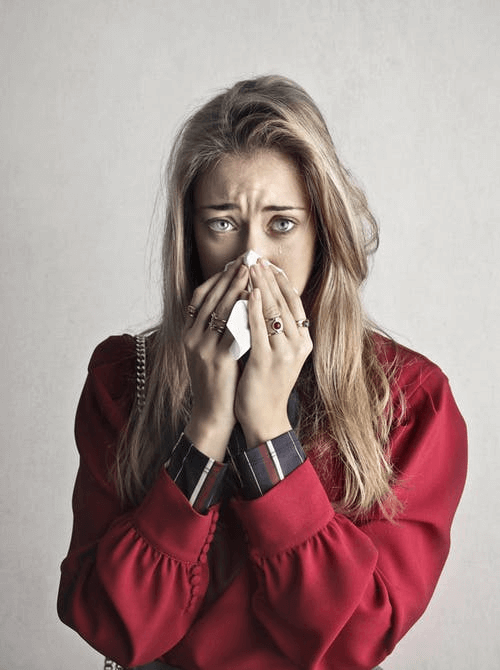Keep your winter health in check. Find out why we’re prone fall sick during the winters and all you can do to prevent it.
Winters are in full swing. In fact, we’re experiencing one of the strongest winters this year due to climate change.
While winters are excellent for outdoor activities like snowboarding, ice skating, and snow sledding, they also bring about more colds, flu, and other illnesses. According to the CDC, the months between December and February are crucial for taking preventative precautions against diseases.
While frequent winter health check and a healthy lifestyle can help boost your immune system, here are all the reasons why it’s easier to get sick during winters.
The Peak Period for Viruses
Flu activity peaks during the winters. Research by Harvard University indicates that the primary reason for increased flu cases in winter is the rapid spread of viruses that survive better in colder climates.
The cold weather also makes the virus easily transmissible because it tends to stay longer outside of a human host. As a result, it lingers on surfaces like desks and doorknobs when someone sneezes in the area. Additionally, coming in contact with an infected host further increases the risk of catching a cold.

Living in Close Proximity with Others
According to a doctor in Virginia, a poorly ventilated space with less fresh air plays an integral role in spreading the influenza virus. When people are holed up in the same room, germs spread from one individual to another through the contaminated air circulation.
Lack of Vitamin D
Staying indoors also restricts our exposure to sunlight, which is essential for our bodies’ vitamin D production. Most people have the lowest vitamin D levels during winters, especially in the northern areas of the United States and Canada.
Sunlight keeps you healthy and kills the germs lingering inside your house. Therefore, your house’s interior tends to contain more bacteria and microbes during the winters due to the lack of adequate light exposure.
More on vitamin D : Vitamin D for better immune system and against Covid -19
What You Can Do About It
The best way to maintain your health during this increasingly vulnerable season is by eating a healthy diet. Indulging in frequent exercises is also an immune booster for winters. Focus on a proper sleep schedule, and remember to get your annual flu shot. It’s primarily an essential part of winter health check for school-goers.

Ready to beat the winter blues?
Head over to our website or contact us for the best diet plans and exercises to keep your body and immune system well-maintained for the season.
Get in touch with us today!



